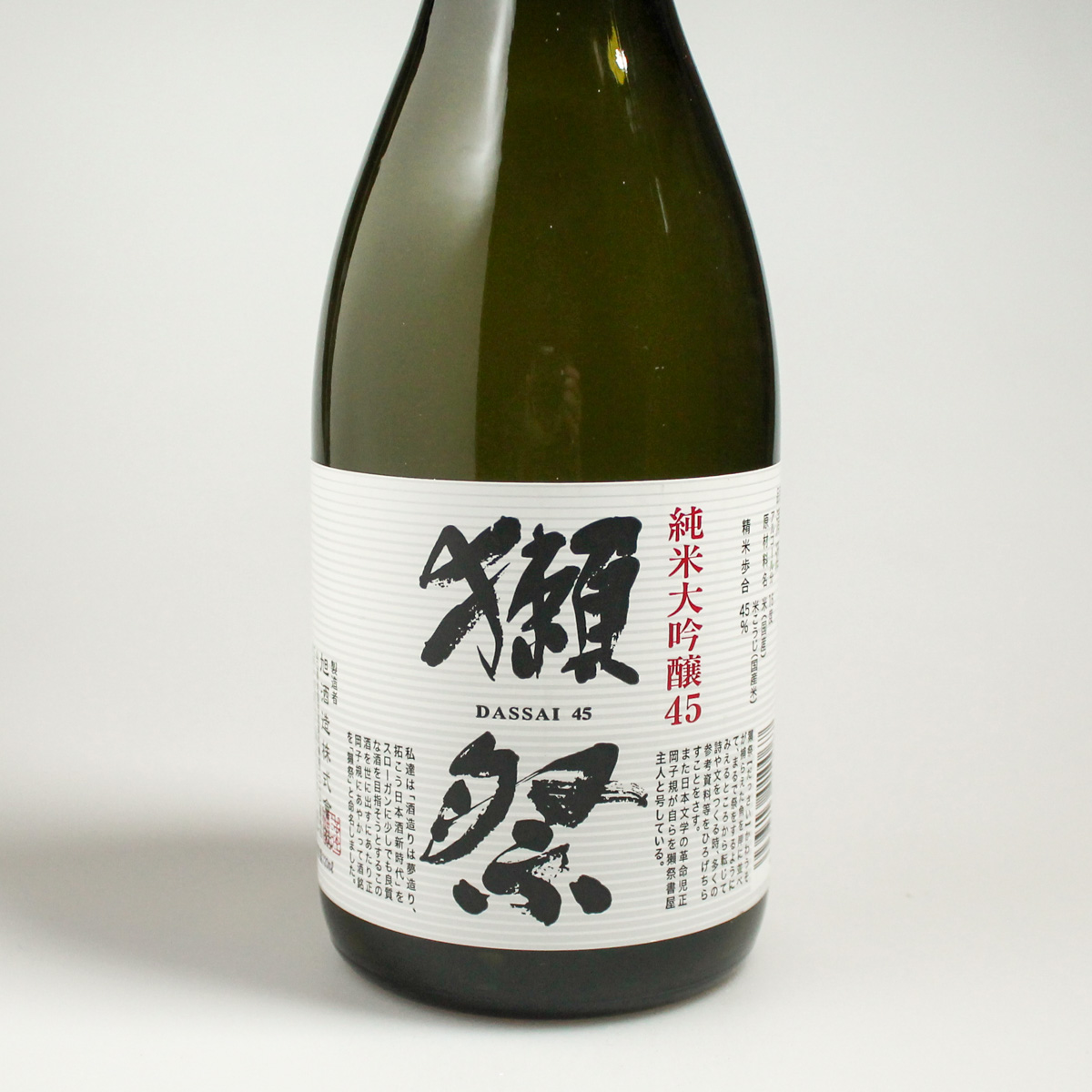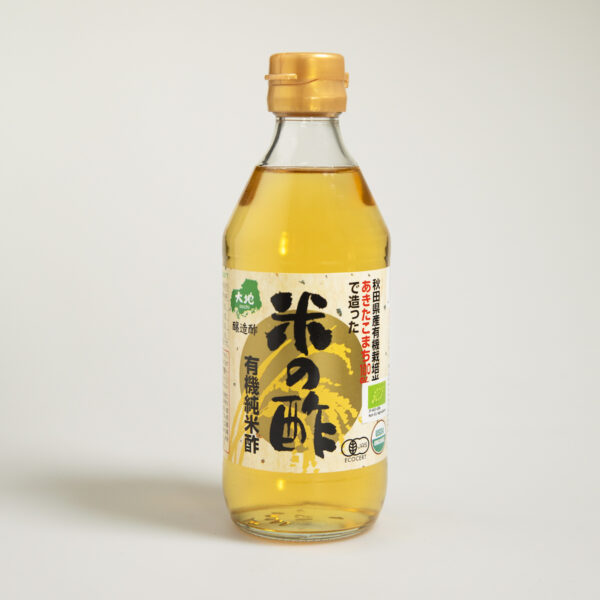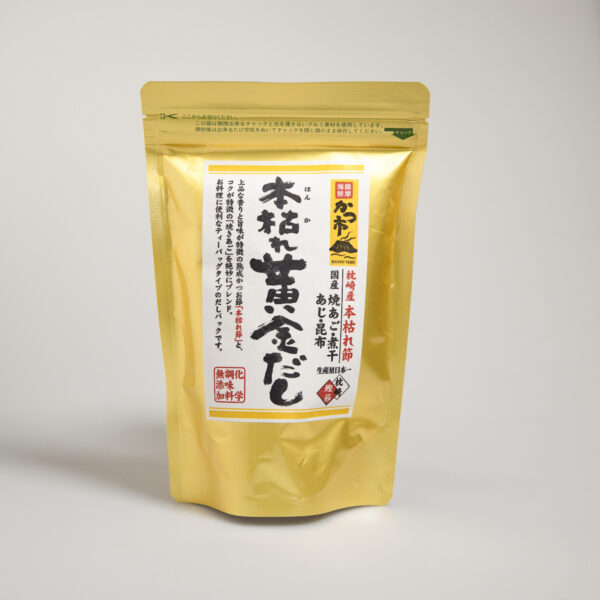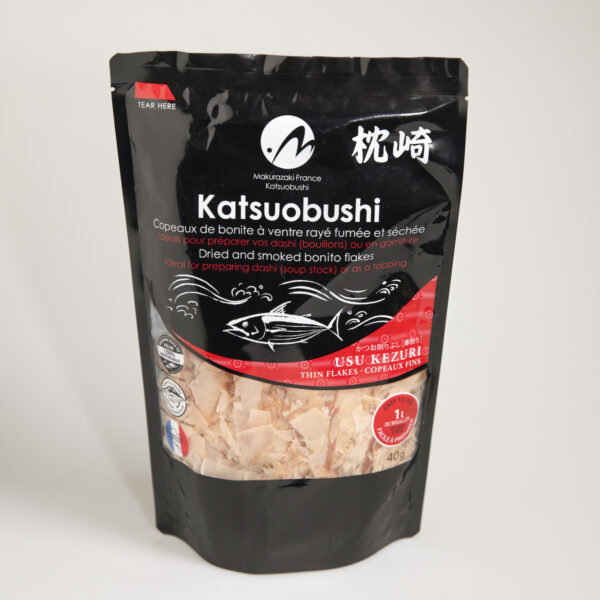Description
A great classic. This sake has memorable aromas of juicy peach, pear and fresh melon. In many other sakes, these aromas come at the cost of great sweetness. Not so with Dassai 45: its relatively hard brewing water, which comes from the natural springs of its native Yamaguchi Prefecture, allows it to channel all those white-fleshed fruits into an elegant mineral framework. The result is an excellent aperitif or accompaniment to iodized dishes, fresh cheeses or citrus desserts.
The quality of this cuvée is unmistakable: Dassai is actively promoted in France by Joël Robuchon. And even for beginners, it’s obvious.
Perfect for discovery
To tell you the truth, we discovered sake with Dassai 45. In our boutique, we recommend it every day to customers who want to be gently introduced to this delicate and complex beverage, which is too often confused with the rice liquors served in Chinese restaurants. Thanks to him, we immediately wanted to learn more about sake. Rarely does one have the opportunity to open one’s mind with such pleasure, and Dassai 45 is a gift that will surely please white wine lovers.
Dassai 45 also offers excellent value for money. In general, non-alcoholic sake (junmai) brewed with highly polished rice (daiginjo) costs at least fifty euros. It has to be said that the brewery that produces this cuvée and a few others, Asahi Shuzo, doesn’t work in the traditional way… And that’s a good thing.
A certain iconoclasm
Traditionally, Japanese sake brewers only work in the winter. This is primarily a Japanese respect for natural cycles, as the rice harvest ends at dusk in the fall. It’s also a matter of practicality: to brew good sake, you have to keep fermentations at a low temperature.
There’s nothing like letting the icy December wind blow into the brewery to achieve this. It’s also worth noting that older breweries often entrust production to seasonal workers led by a chai master called a toji. In general, these teams work according to ancient, empirical know-how… And sometimes a bit rigid, because that is the toji’s world.
Asahi Shuzo rejects all these traditions. It produces its Dassai cuvées twelve months a year in an air-conditioned, highly automated brewery. No folkloric cellar masters or seasonal workers from the neighboring village! Employees monitor the brewing process via numerous sensors scattered throughout the production process. For many purists, this relatively disconnected approach to nature and centuries-old tradition is a real shame. And yet there’s no denying it: Dassai sakes are excellent.
Storage:
This sake should be stored in a cool place, between 2 and 5°C. As with all sake, we recommend keeping it away from light. For longer storage, it’s best to store the bottle upright in a dark place. Laying the bottle down will bring the sake into contact with the cork, which can be damaging.
Sake Ingredients:
Water, rice, koji rice.
Shelf life:
Before opening and under the right conditions (those described above), this sake can be kept for years. After opening, it’s a matter of taste: the classic shelf life is about ten days in the fridge, but some aficionados let their bottles mature in the fridge for three to four weeks, or even longer. It all depends on your taste in oxidized sake.
Serve chilled:
We recommend serving this sake chilled, between 8 and 10°C. A wine glass will allow you to appreciate its bouquet better, but a sake cup will reveal more of its texture. Don’t worry, it’s excellent either way.
Alcohol abuse is dangerous to your health and should be consumed in moderation.
.png)





